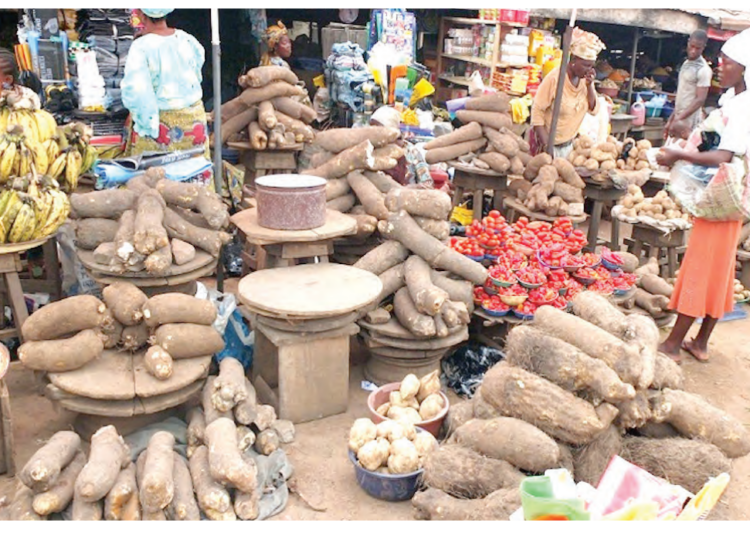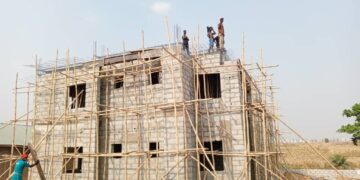Nigeria may be heading toward a severe hunger crisis, with a staggering projection that more than 30 million vulnerable people will face food shortages next year.
This forecast, reflecting a one-third increase from this year, was revealed in a joint report by the Nigerian government and the United Nations released on Friday.
The impending crisis underscores the escalating challenges that Nigeria, Africa’s most populous nation, faces amid a deepening economic malaise.
The country is currently grappling with a severe cost of living crisis that ignited deadly protests in August. As the economic situation continues to deteriorate, President Bola Tinubu’s introduction of austerity measures has compounded the difficulties faced by millions of Nigerians.
Key reforms, including the devaluation of the naira and the termination of a long-standing petrol subsidy, have led to soaring inflation rates, significantly impacting food affordability.
The report, which analyses data collected biannually across 26 states and the federal capital, Abuja, predicts that the number of people facing food insecurity will rise sharply to 33.1 million by August 2025.
This is a marked increase from the current estimate of 24.8 million who are expected to struggle with food access by the end of this year. “Several factors are driving this trend, but most prominently are economic hardship coupled with record high inflation, a record rise in food prices, and record high transportation costs,” the report states, highlighting the multifaceted nature of the crisis.
In response to the mounting pressure on vulnerable populations, Finance minister, Wale Edun had announced on Thursday that the government has initiated a cash payment program aimed at providing relief to struggling households. Approximately five million households have received 25,000 naira each as part of this support initiative.
While such measures are commendable, rising food prices remain the primary driver of inflation in the country. The inflation rate surged to 32.70 per cent annually in September, up from 32.15 per cent in August, further straining household budgets.
The agricultural sector is also facing significant setbacks due to severe flooding and ongoing insecurity in northern states, which are crucial for food production. Recent flooding has resulted in the destruction of an estimated 1.6 million hectares of crops, predominantly affecting northern food-producing areas.
This disaster is projected to lead to substantial production losses of about 1.1 million tonnes across key staples, including maize, sorghum, and rice.
The joint statement from the government and the UN underscores the urgent need for effective interventions to mitigate these agricultural losses and bolster food security.
As Nigeria grapples with these challenges, it is crucial for stakeholders—including government agencies, non-governmental organisations, and the private sector—to collaborate in addressing the underlying issues contributing to this crisis. Ensuring access to food for millions, it stressed, will require a concerted effort to stabilise the economy, enhance agricultural productivity, and implement social safety nets to protect the most vulnerable populations from the escalating impacts of food insecurity./





